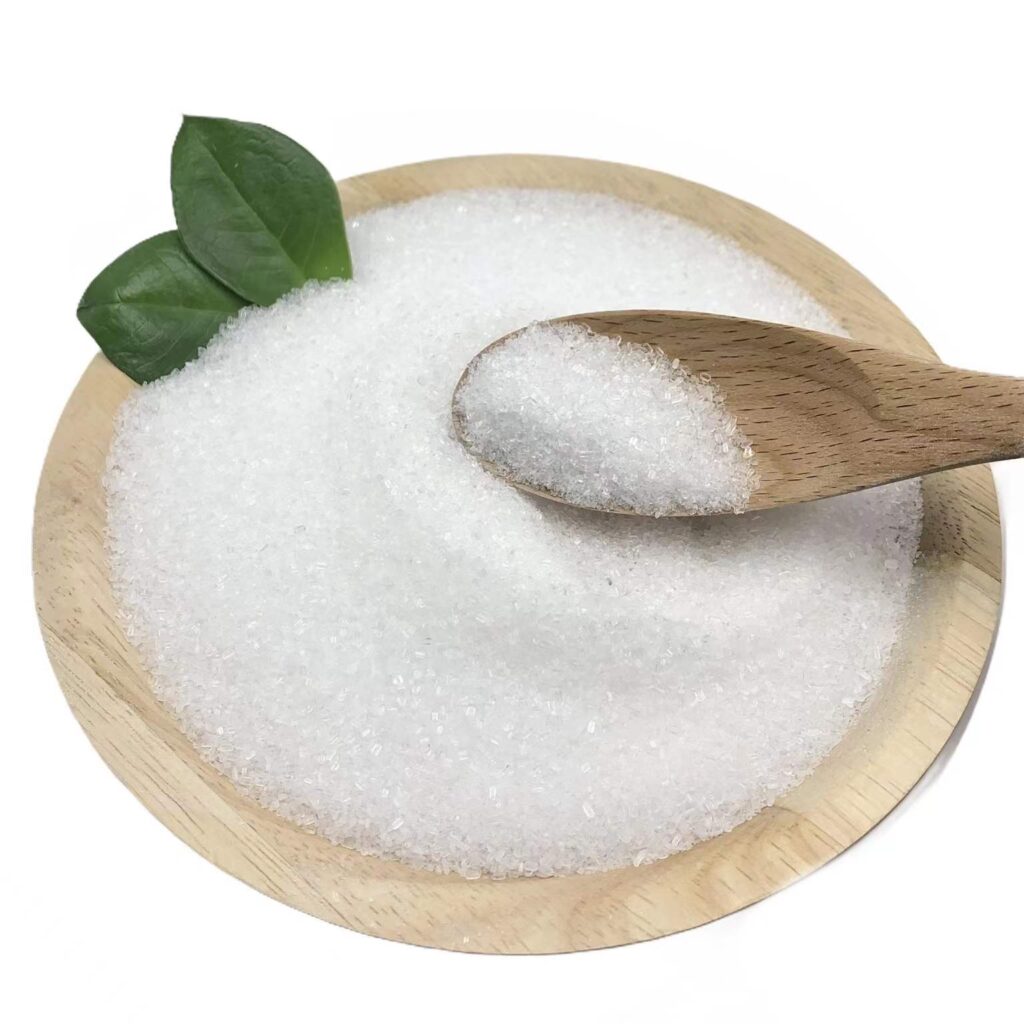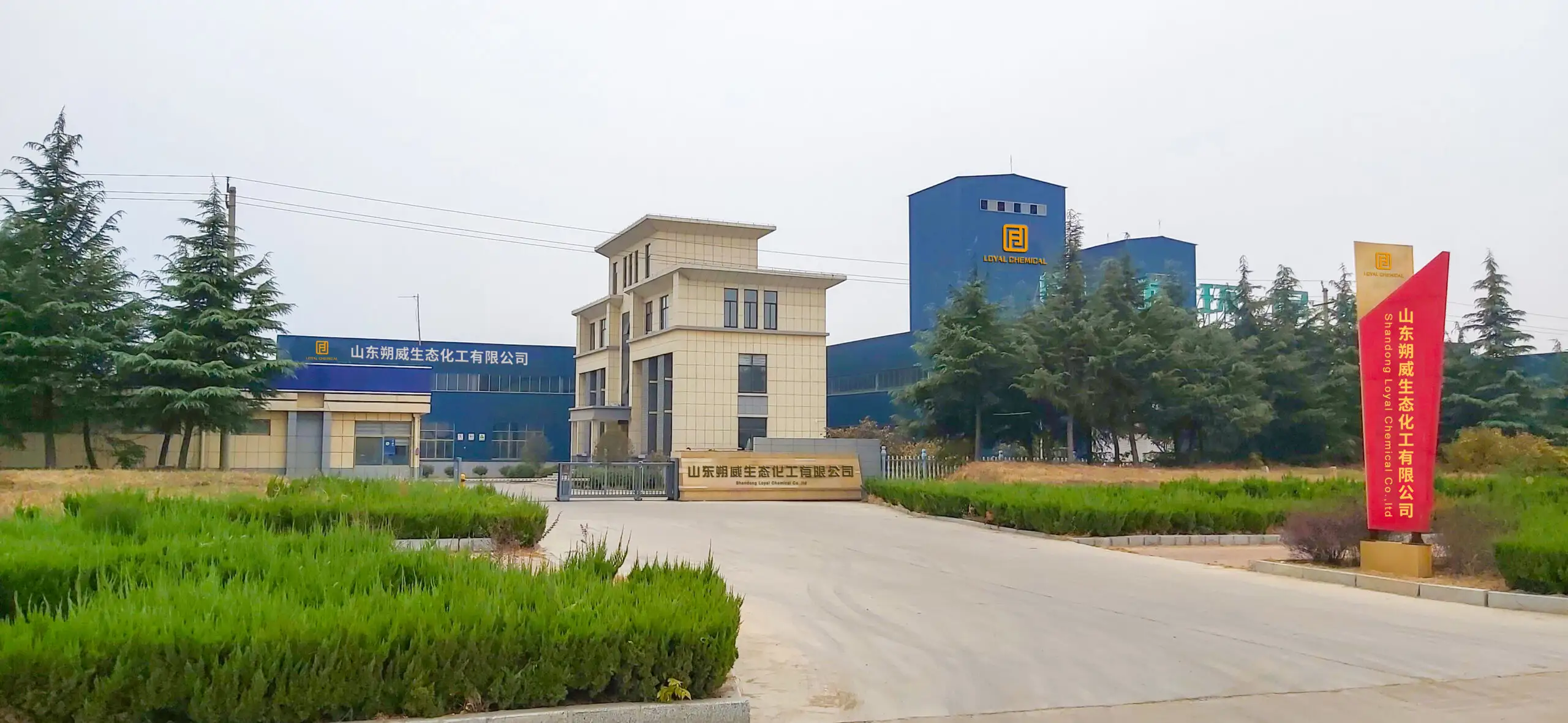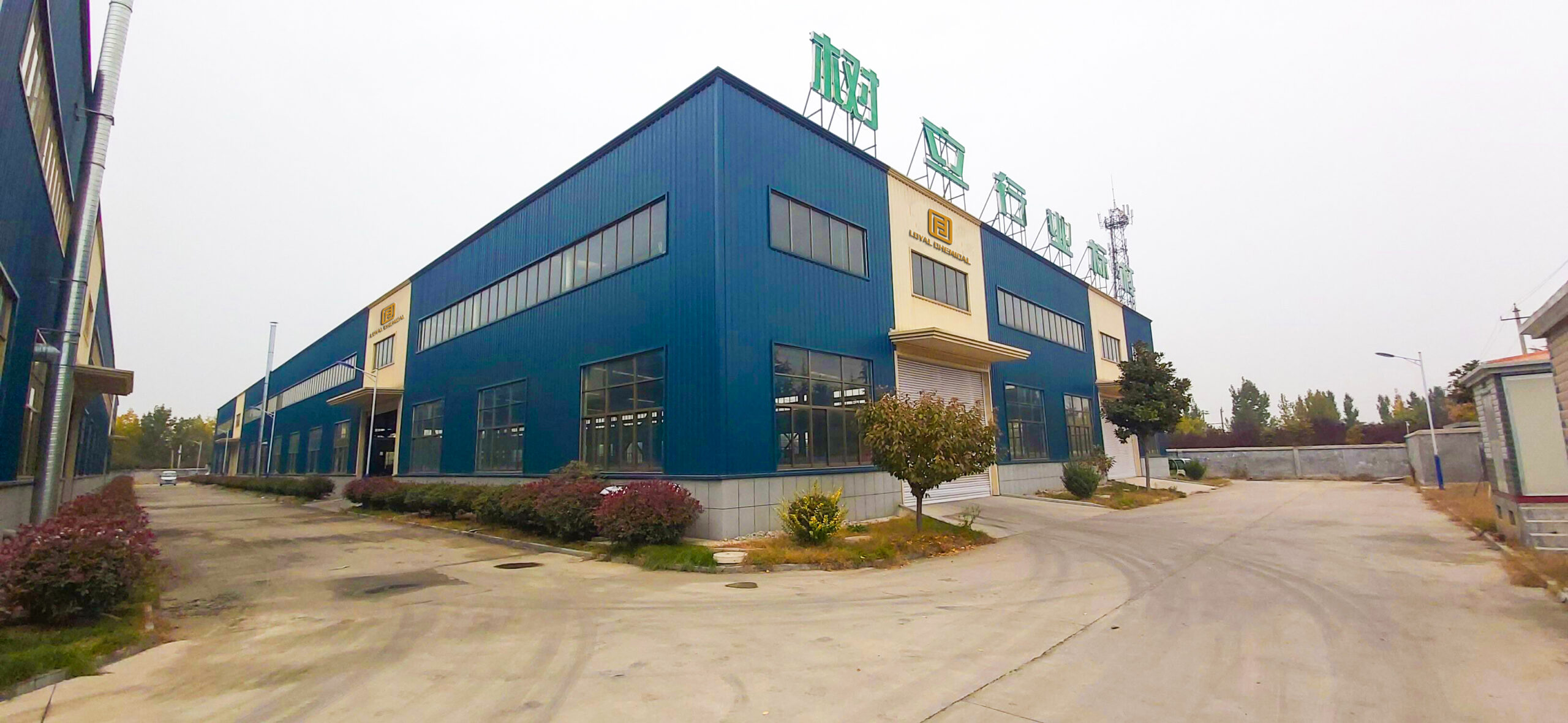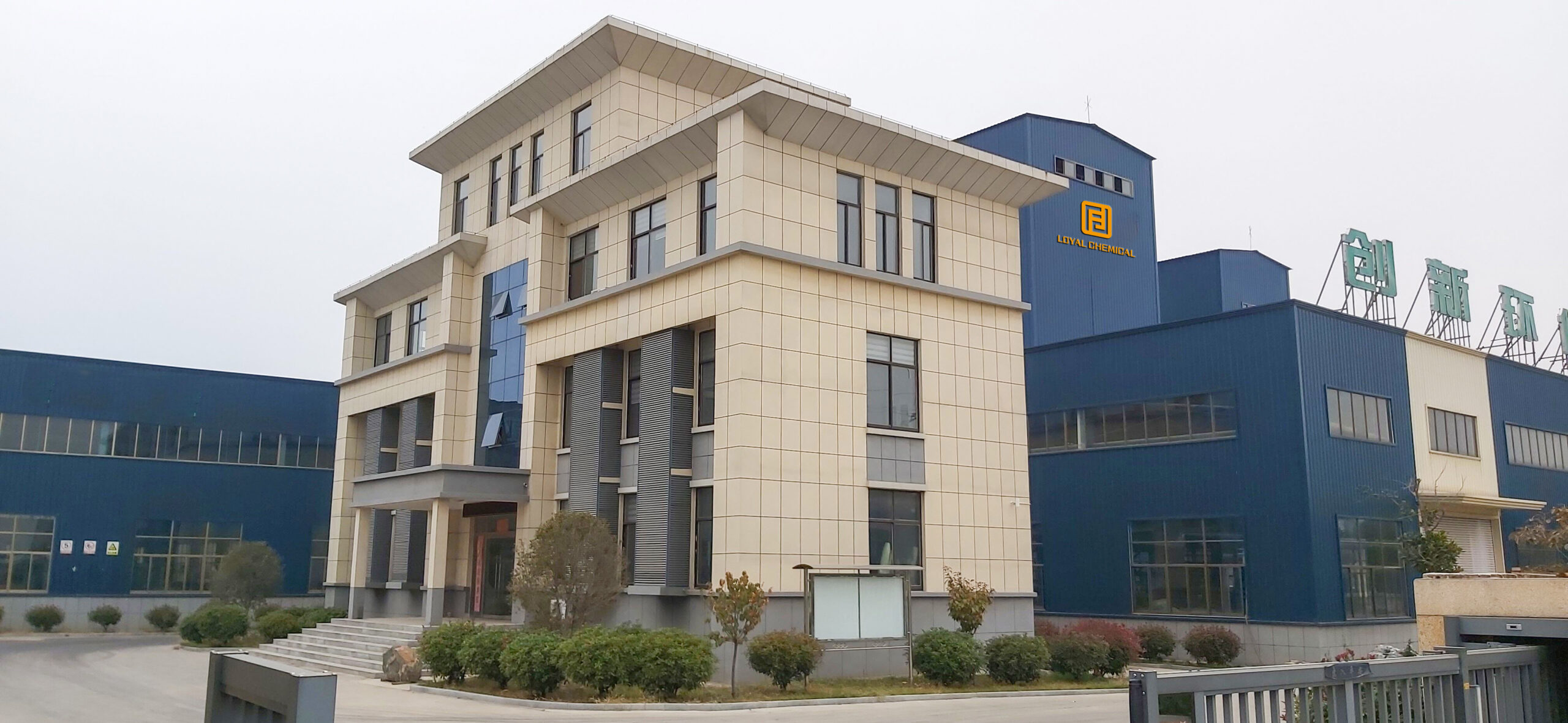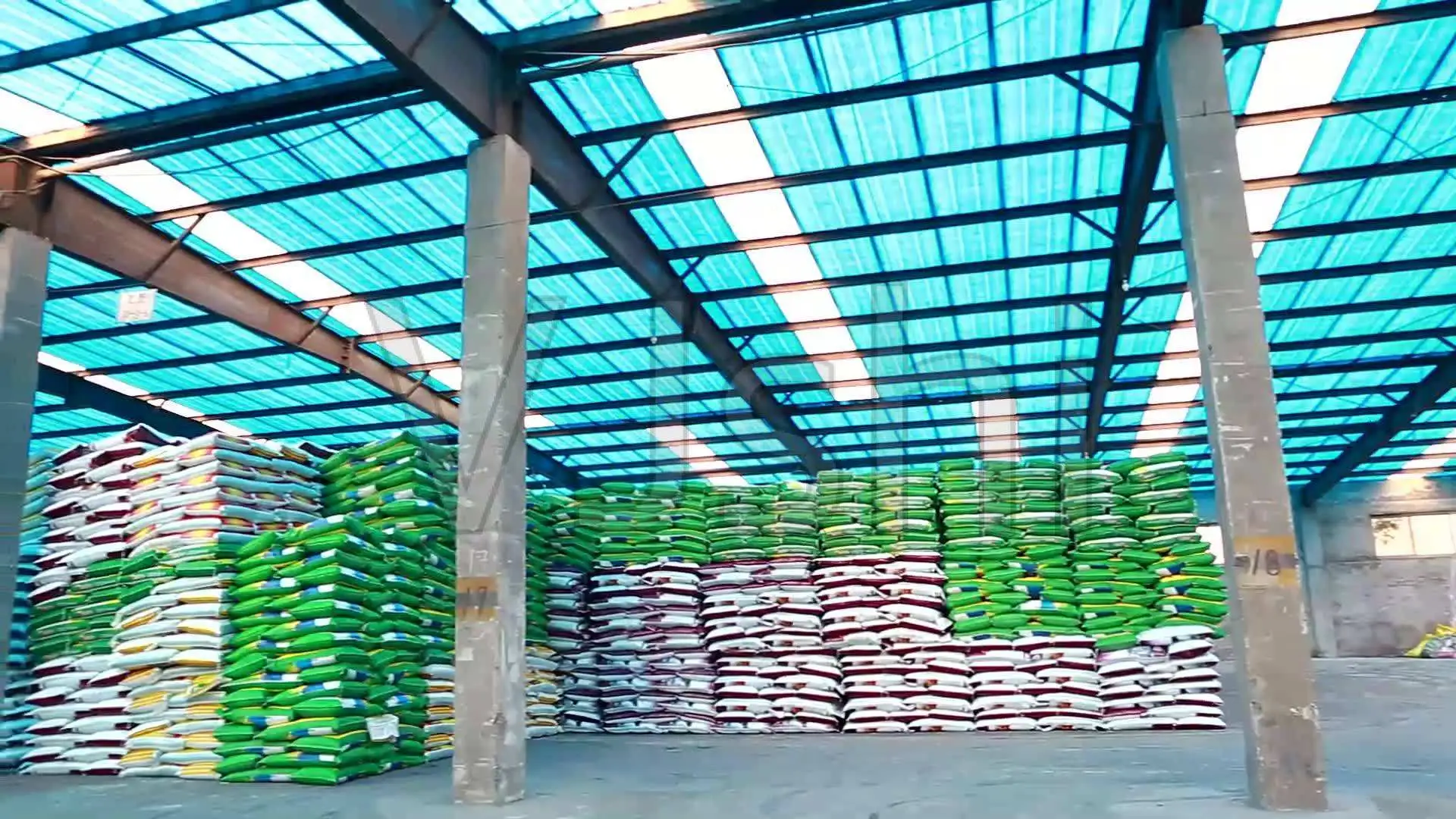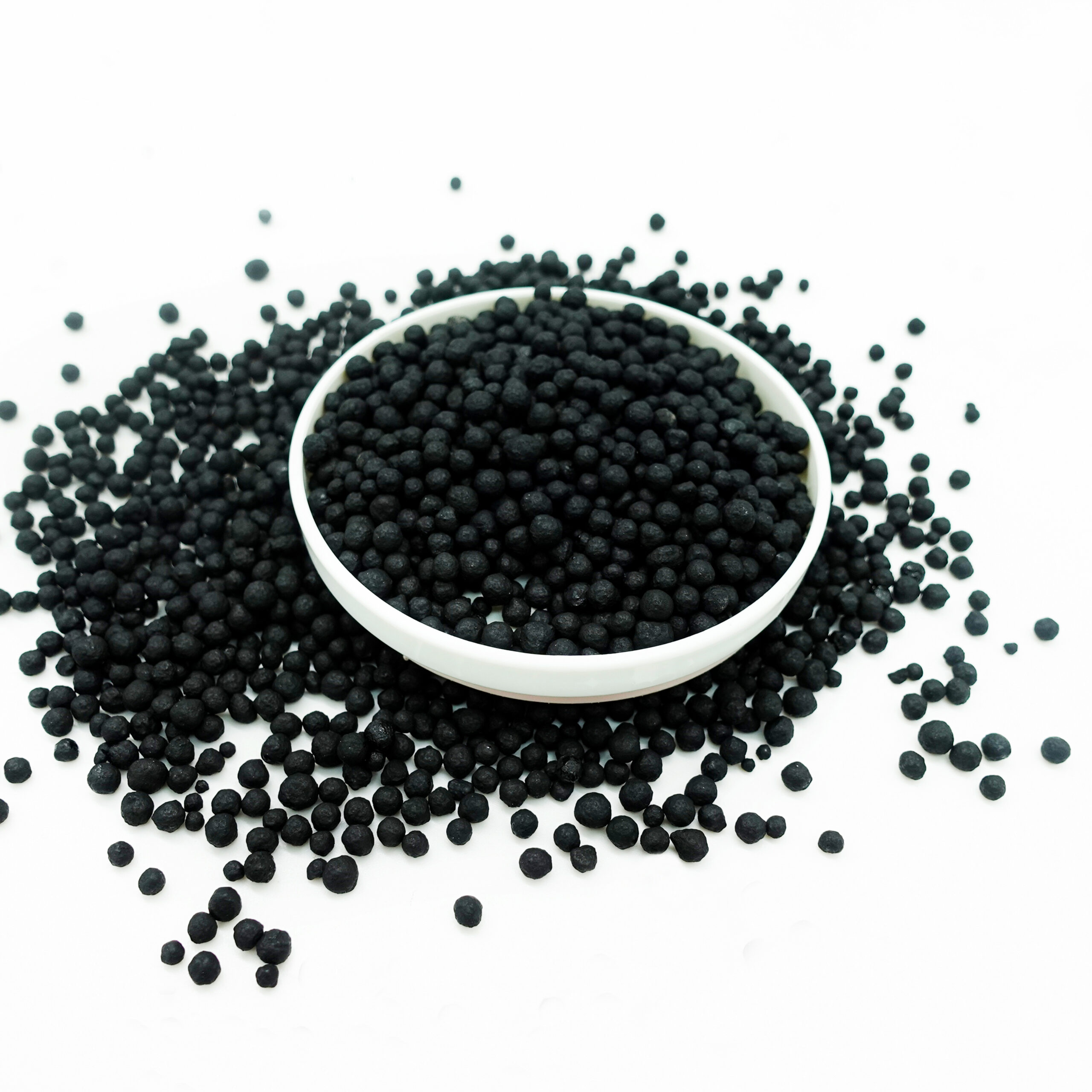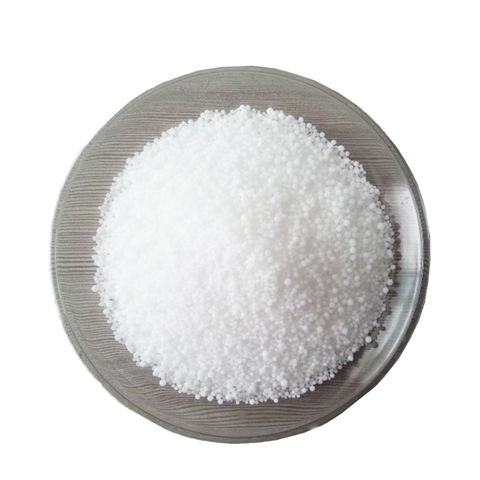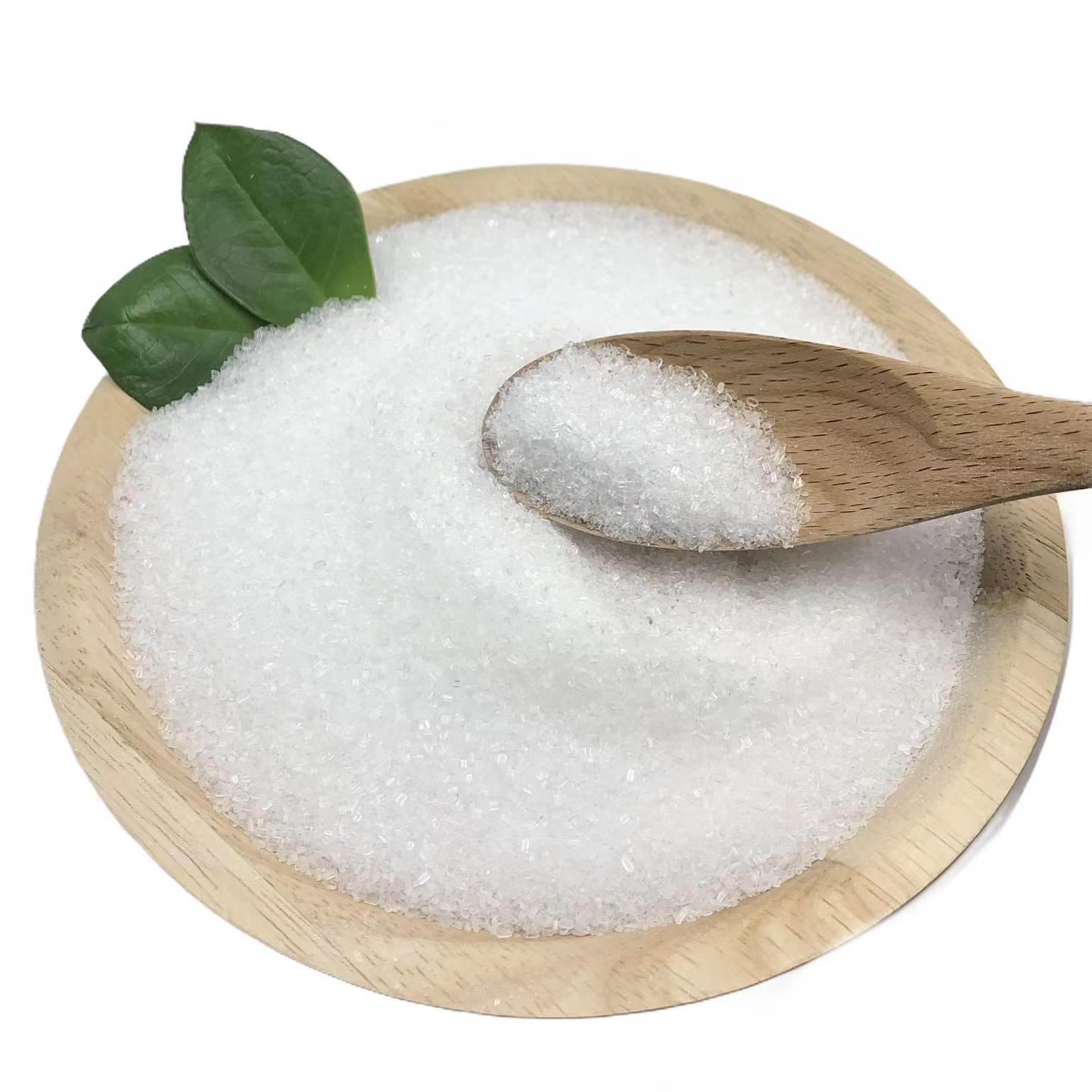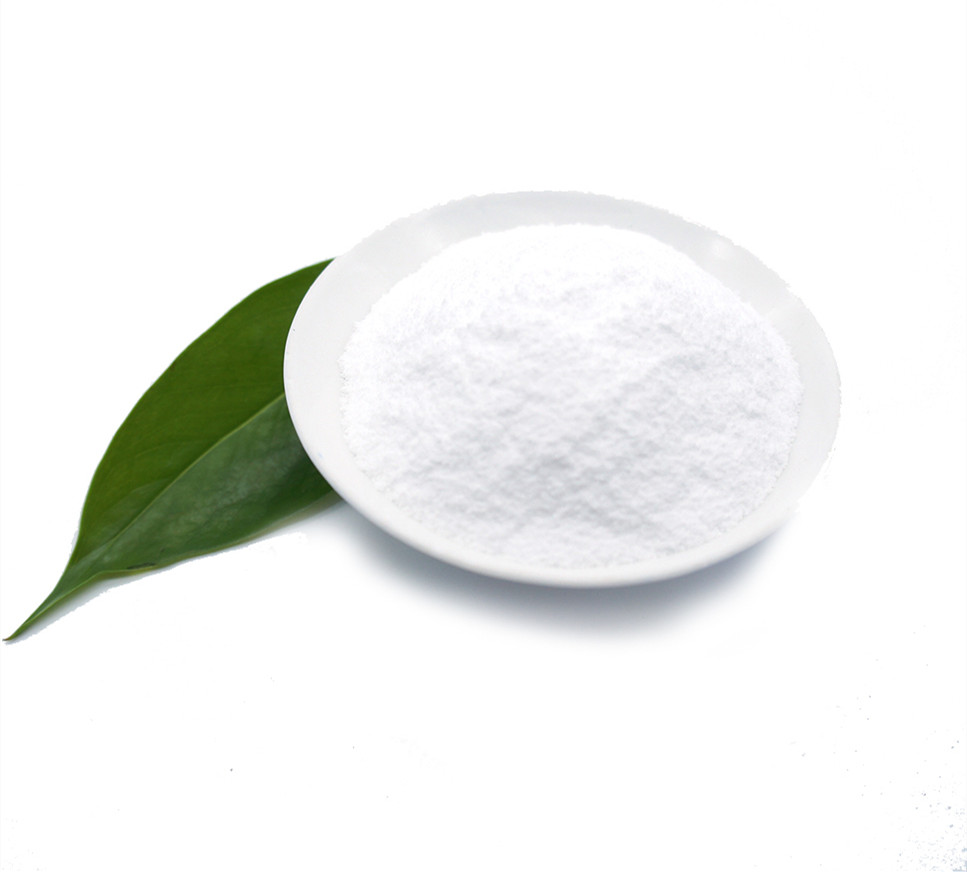Kieserite Fertilizer Supplier in China - LOYAL
Kieserite is also called magnesium sulfate monohydrate. It is a mineral that occurs naturally and can be traced back to old sea deposits. In agriculture, it serves as an important source of magnesium and sulphur for fertilizers. When applied to the ground in different horticultural and broad acre crops, it slowly dissolves in water which makes it perfect because of its low solubility in water. One should however not use Kieserite for fertigation or foliar application methods.
Home » Kieserite Fertilizer
-
Key Benefits and Functions of Kieserite Fertilizer
Kieserite has magnesium and sulfate that can be absorbed quickly, but it is mainly known for its richness in magnesium. This substance is supposed to serve as an emergency response to the scarcity of magnesium in crops and pastures, which results in high crop yields with improved quality.
Benefits of Kieserite:
- The granulated form allows for precision blending with most other fertilizers.
- It is a cheap source of magnesium.
- Quickly corrects shortages of sulfur and magnesium.
- No major impact on soil pH, so can be applied on all types of soils regardless of their pH levels.
- Fully water-soluble; easily dissolved by soil moisture thus meeting nutrient requirements.
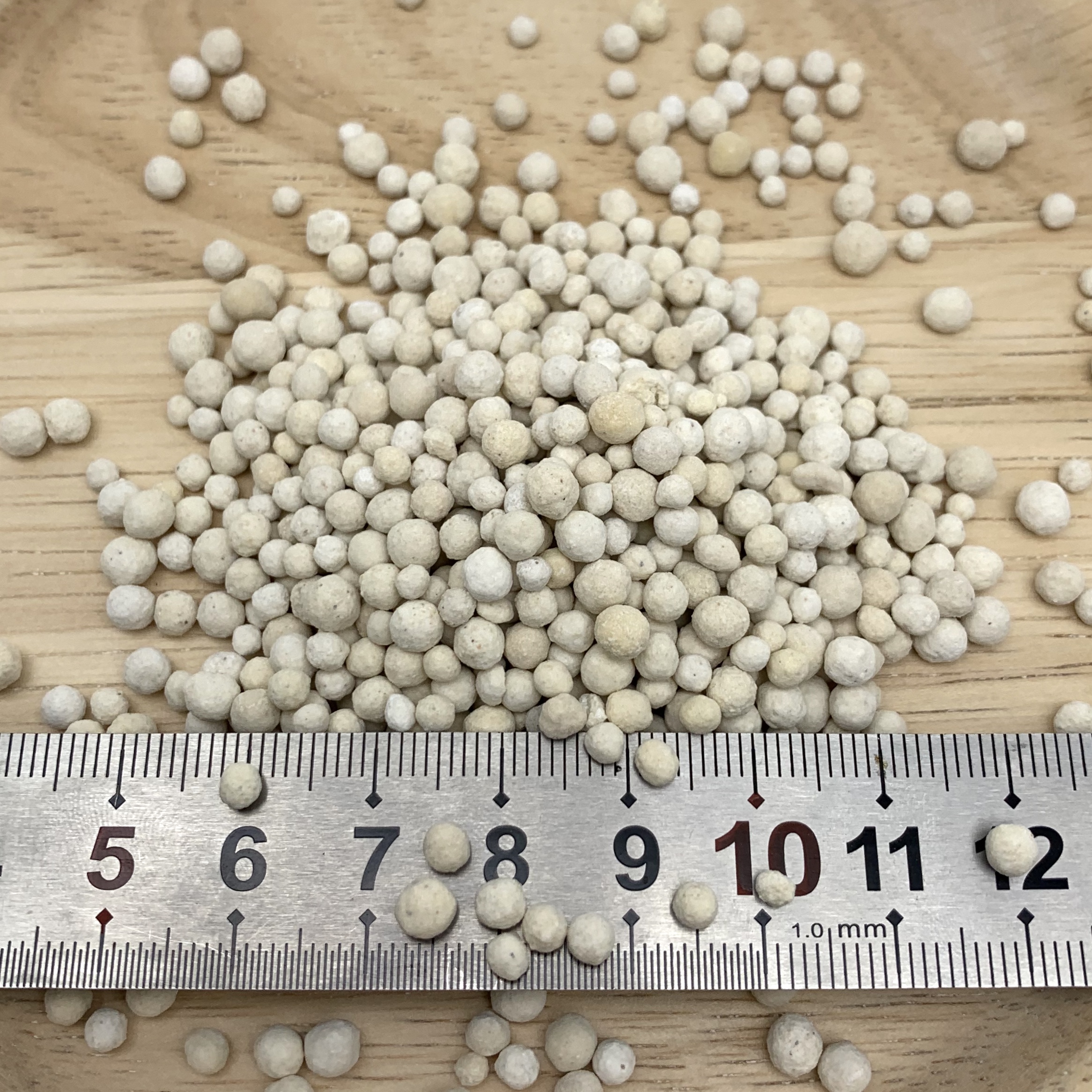
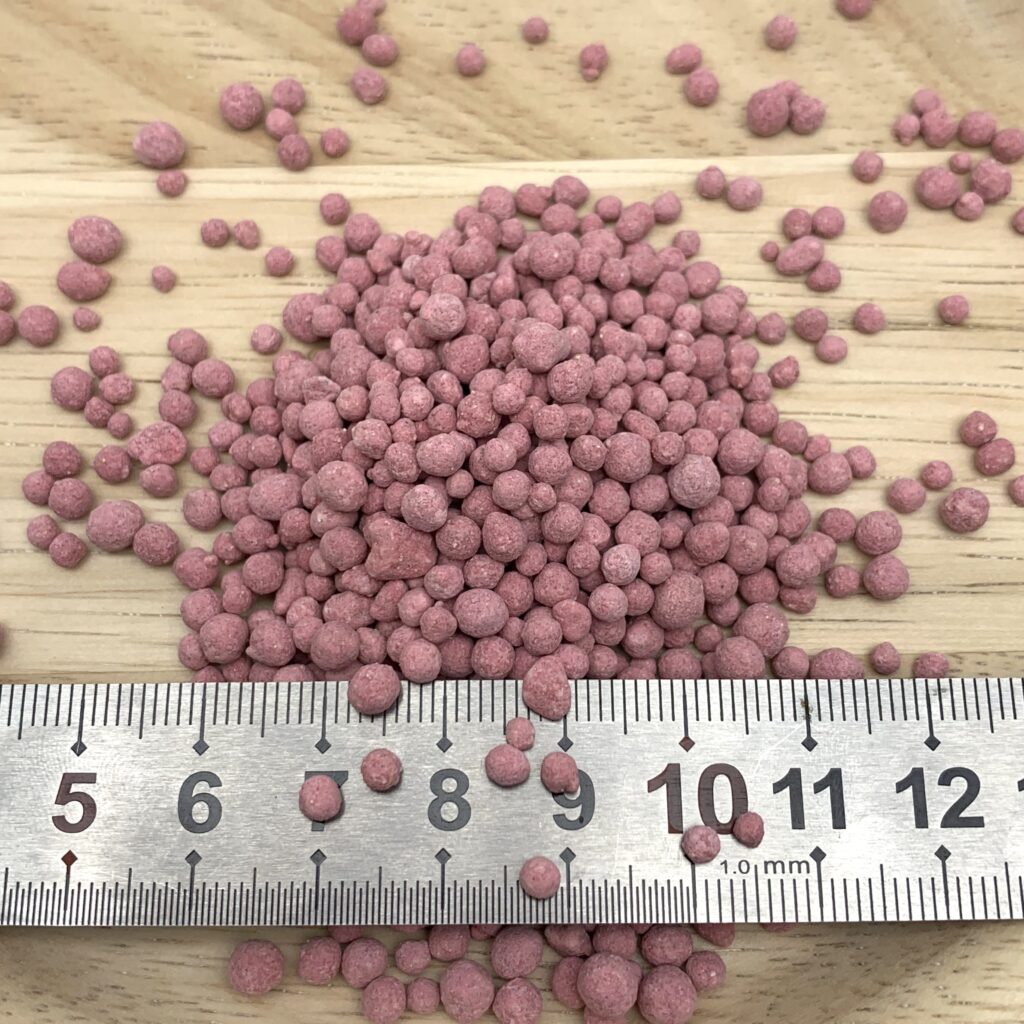
-
Guide to Kieserite Fertilizer Analysis
Kieserite is a natural mineral known as magnesium sulfate monohydrate (MgSO4·H2O). It is extracted from Magnesium ore. This gives plants water-soluble sulfur (S) and magnesium (Mg).
Uses In Agriculture:
It is very rich in both S and Mg, which plants require for growth. Its neutral pH value and high soluble nature enable it to work well in different types of soils, thereby supplying nutrients when crops need them most. Organic farming permits its usage, too.
Management Practices:
Soils frequently lack enough Mg, especially those that are acidic or sandy. Where there is heavy rainfall, leaching may be avoided by dividing applications of this element into several parts. Normal application rates range between 200-300 kg/ha, but additional supplies through foliar feeding using Epsom salts may be necessary.
Kieserite Fertilizer Composition:
Formula: MgSO4 · H2O
Content of Mg; 16% (fine), 15% (granular)
Content of S; 22% (fine), 20% (granular)
Solubility: 417 g/L at 20°C
Solution pH: 9
Kieserite Fertilizer Composition: Key Components and Analysis
| Test Item | Specification | Test results |
|---|---|---|
| Water soluble MgO %min | 22.15 | Qualified |
| Total MgO %min | 27.16 | Qualified |
| Mg %min | 13.36 | Qualified |
| Sulfur (as S) %min | 17.72 | Qualified |
| Arsenic (As) | <2mg/kg | Qualified |
| Cadmium (Cd) | <2mg/kg | Qualified |
| Chrome (Cr) | <4mg/kg | Qualified |
| Mercury (Hg) | <0.5mg/kg | Qualified |
| Lead (Pb) | <5mg/kg | Qualified |
| SIZE | Passing rate 90% | Qualified |
-
Guide to Kieserite Fertilizer Prices
When it comes to finding the best prices for Kieserite fertilizer, LOYAL is your trusted partner. We understand the importance of cost-effective solutions in agriculture and are committed to providing high-quality Kieserite fertilizer at competitive prices.
Bulk Purchase Discounts:
We provide attractive discounts for bulk purchases, allowing you to maximize your savings. Whether you are a small-scale farmer or managing a large agricultural enterprise, our bulk pricing options help you reduce costs and maintain a steady supply of essential nutrients for your crops.
Flexible Payment Options:
LOYAL offers flexible payment options to accommodate different financial needs. We strive to make the purchasing process as convenient and accessible as possible for our customers.
Contact Us Today:
Discover the best prices for Kieserite fertilizer with LOYAL. Contact our customer service team to learn more about our competitive pricing options, request a quote, or place an order. Trust LOYAL to provide high-quality, cost-effective fertilizer solutions that support your agricultural success.
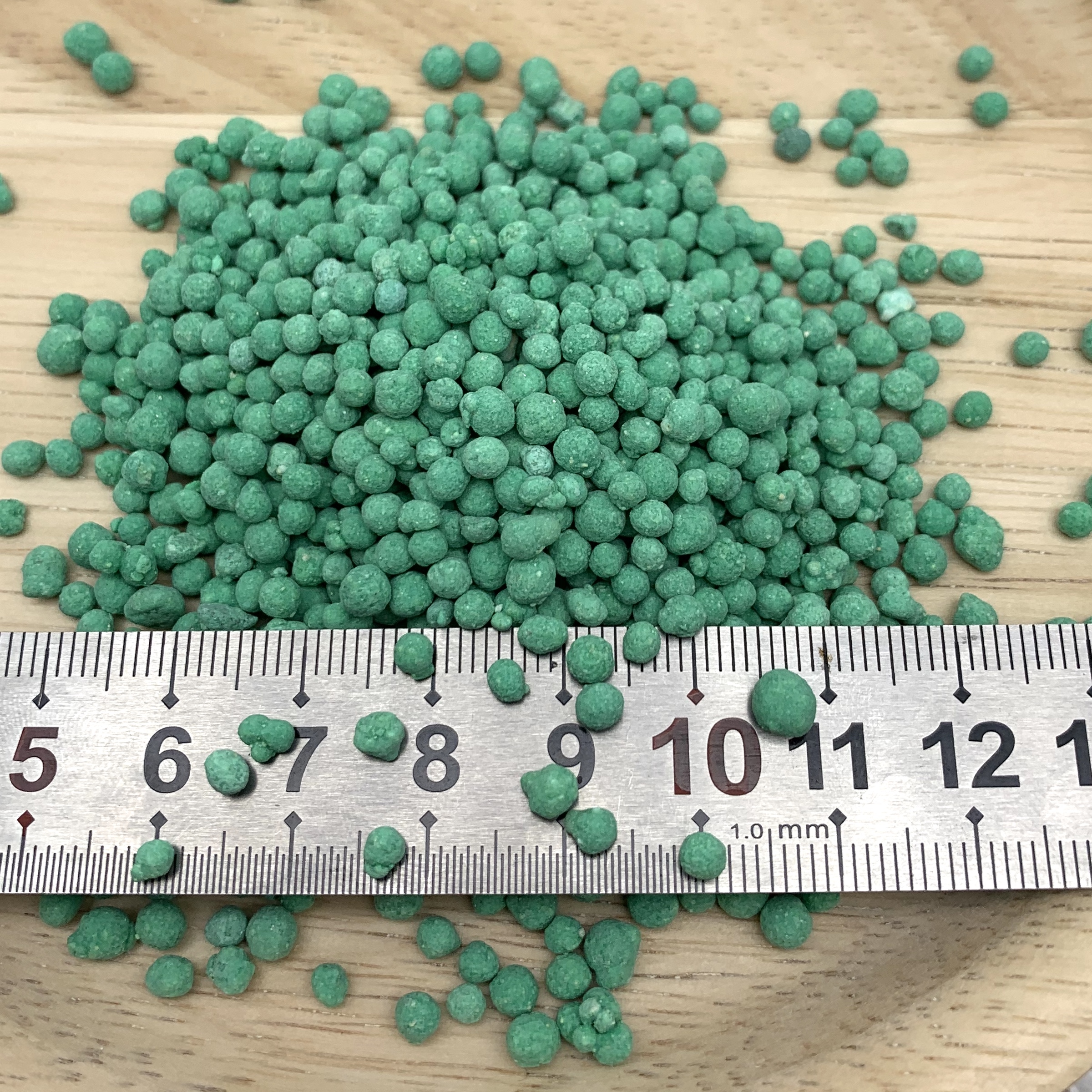

Latest Insights and Innovations in Fertilizer Technology





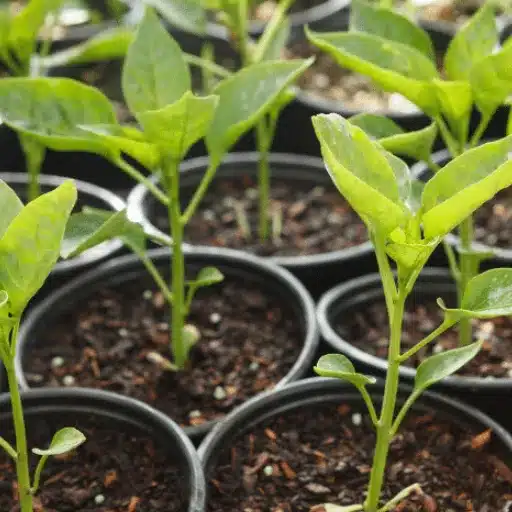
Looking for Farming Fertilizer
Kieserite Fertilizer: Frequently Asked Questions
Q: What is Kieserite fertilizer?
A: Kieserite fertilizer is a natural form of magnesium sulfate, chemically known as magnesium sulphate monohydrate, that is used to correct magnesium deficiencies in various crops. It is mined from Magnesium ore.
Q: How is Kieserite different from other magnesium fertilizers?
A: Kieserite quickly releases the magnesium within 4 days of soil application, offering a rapid source for magnesium and sulphur. It’s a unique form of magnesium sulfate that is mined from deposits, ensuring natural purity.
Q: What are the benefits of using Kieserite fertilizer?
A: The benefits of using Kieserite fertilizer include providing a quick and effective source of magnesium and sulfur, improving crop yields, and supporting essential plant functions like photosynthesis. It is also water soluble, making it efficient for both soil and foliar application.
Q: Can Kieserite fertilizer be used for horticultural purposes?
A: Yes, Kieserite fertilizer can be used for horticultural applications. It provides an excellent source for magnesium and sulphur, essential for the healthy growth of flowers, vegetables, and other plants.
Q: How is Kieserite fertilizer applied?
A: Kieserite fertilizer can be applied to soil directly, through fertigation. It is effective across a wide range of crops and soil types, making it a versatile option for farmers and gardeners.
Q: Where is Kieserite fertilizer typically mined from?
A: Kieserite fertilizer is typically mined from Magnesium ore. These deposits are rich in magnesium sulfate, allowing the extraction of high-quality kieserite magnesium sulphate granular for agricultural use.
Q: How quickly does Kieserite fertilizer work?
A: Kieserite quickly releases the magnesium within 4 days of application to the soil, making it an ideal choice for treating magnesium deficiencies swiftly and efficiently.
Q: Is Kieserite fertilizer suitable for a wide range of crops?
A: Yes, Kieserite fertilizer is suitable for application to a wide range of crops. It can be used for cereals, fruits, vegetables, and other horticultural crops to address magnesium and sulphur deficiencies.



